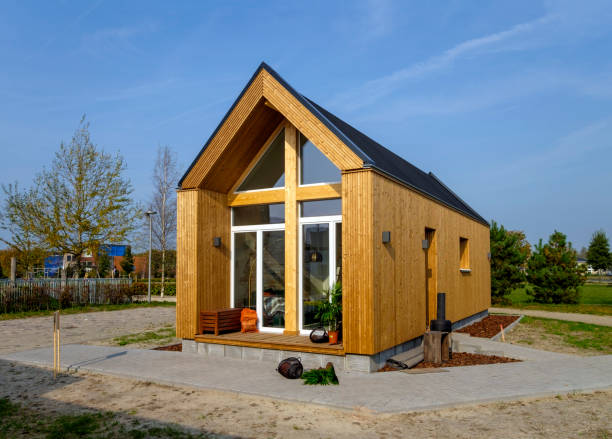 Deciding between residential and commercial real estate investments is a crucial step for investors seeking to enter the real estate market. Each property type offers unique advantages and considerations, making it essential to understand the differences and evaluate which option aligns best with your investment goals and risk tolerance.
Deciding between residential and commercial real estate investments is a crucial step for investors seeking to enter the real estate market. Each property type offers unique advantages and considerations, making it essential to understand the differences and evaluate which option aligns best with your investment goals and risk tolerance.
In this guide, we’ll explore the key distinctions between residential and commercial real estate investments to help you make informed investment decisions and build a successful investment portfolio.
Choosing Between Residential and Commercial Real Estate Investments:
Property Types and Uses:

Residential real estate primarily consists of single-family homes, condominiums, townhouses, and multifamily properties intended for personal use or rental purposes.
Commercial real estate includes office buildings, retail spaces, industrial properties, and multifamily properties intended for commercial use or lease to businesses.
Investment Objectives:
Residential real estate investors often focus on generating rental income, building equity through property appreciation, and diversifying their investment portfolio.
Commercial real estate investors may prioritize cash flow, long-term appreciation potential, and tax benefits associated with commercial property ownership.
Tenant Profiles and Lease Terms:
 Residential tenants are typically individuals or families seeking housing accommodations on a short-term or long-term lease basis.
Residential tenants are typically individuals or families seeking housing accommodations on a short-term or long-term lease basis.
Commercial tenants are businesses or corporate entities seeking office, retail, or industrial space on longer-term lease agreements with commercial lease terms and conditions.
Market Dynamics and Demand:
Residential real estate markets tend to be more stable and resilient to economic fluctuations, driven by factors such as population growth, housing demand, and affordability.
Commercial real estate markets may experience greater volatility and sensitivity to economic conditions, influenced by factors such as job growth, business expansion, and industry trends.
Risk and Return Profile:
Residential real estate investments generally offer lower risks and more predictable returns, making them suitable for conservative investors seeking steady income and capital preservation.
Commercial real estate investments may entail higher risks and potential rewards, with opportunities for higher rental yields, value appreciation, and portfolio diversification.
Financing and Capital Requirements

Financing residential real estate investments typically involves conventional mortgage loans, government-backed loans, or alternative financing options with lower down payment requirements and favorable interest rates.
Financing commercial real estate investments may require larger down payments, higher credit scores, and specialized commercial loans tailored to the unique needs of commercial property investors.
Management and Maintenance Responsibilities:
Residential property management involves overseeing tenant relations, rent collection, maintenance, repairs, and compliance with housing regulations and tenant laws.
Commercial property management requires handling lease negotiations, tenant improvements, property maintenance, and compliance with commercial lease agreements and zoning regulations.
Exit Strategies and Liquidity:
Residential real estate investors may have more flexibility in exiting their investments through options such as selling, refinancing, or converting properties into vacation rentals or short-term rentals.
Commercial real estate investors may encounter longer holding periods and slower liquidity due to the specialized nature of commercial properties and market conditions.
 Choosing between residential and commercial real estate investments requires careful consideration of your investment objectives, risk tolerance, market dynamics, financing options, and management responsibilities. By understanding the differences between residential and commercial properties and evaluating their respective advantages and challenges, you can make informed investment decisions that align with your financial goals and contribute to long-term wealth accumulation. With the right approach and a clear investment strategy, you can build a successful real estate portfolio that generates sustainable returns and enhances your financial well-being in the dynamic real estate market.
Choosing between residential and commercial real estate investments requires careful consideration of your investment objectives, risk tolerance, market dynamics, financing options, and management responsibilities. By understanding the differences between residential and commercial properties and evaluating their respective advantages and challenges, you can make informed investment decisions that align with your financial goals and contribute to long-term wealth accumulation. With the right approach and a clear investment strategy, you can build a successful real estate portfolio that generates sustainable returns and enhances your financial well-being in the dynamic real estate market.













